Health & Wellbeing
- Filter by
- Categories
- Tags
- Authors
- Show all
- All
- Acorns
- Aggression
- Aggressive horse
- Allergies
- America
- Anatomy of Horse
- Archery
- Are horses intelligent?
- Are horses mammals?
- Are horses native to America?
- Are horses native to the UK?
- Are horses omnivores?
- Are horses ruminants?
- Arthritis
- Aslike clover
- Bananas
- Barefoot horse
- Beginner
- Behavior problems
- Belladonna
- Bending
- Bending Exercise's
- Benefits of Cod Liver Oil Horses
- Benefits of Devils Claw Horses
- Benefits of Garlic Horses
- Benefits of Turmeric Horses
- Bit Types
- Bits
- Black cherry
- Black walnut shavings
- Blue bells
- Body Parts of a Horse
- Bones of a Horse
- Bracken fern
- Bread
- Breastplate
- Bridle
- Bridle Parts
- Bridle Types
- Broccoli?
- Buttercups
- Can horses eat bananas?
- Can horses eat bread?
- Can horses eat broccoli?
- Can horses eat oranges?
- Can horses eat parsnips?
- Can horses eat potatoes?
- Can horses see colour?
- Canter
- Charlock
- Cherry trees
- Chokecherry
- Cleaning sheath
- Clicker Training
- Cold Weather
- Colic
- Conker's
- Cooler rug
- Create your own Boots
- Curly dock
- Cushings Disease
- Daffodils
- Deadly nightshade
- Diseases
- Disrespectful
- Do horses sleep?
- Do horses sweat?
- Dressage
- Dressage Maneuvers
- Eating habits
- Electric Fencing
- Energy
- Equine
- Eventing
- Farrier
- Fear
- Feed
- Feeding my horse
- Field management
- Field mustard
- Fire cherry
- Firethorn
- Food Aggression
- Foxgloves
- Frog Trimming
- Gallop
- Gelded late
- Girth Types
- Girths
- Golden chain
- Grass glands
- Grooming
- Hacking
- Hawkweed
- Hawthorn
- Hay
- Haylage
- Healing
- Health
- Healthy Horse
- Hedging
- Hemlock
- Herd Behavior
- Hi Vis
- Highway Code
- History of Horse Riding
- Hock
- Hoof Abscess
- Hoof Boots
- Hoof care
- Hoof Problems
- Hooved Mammals
- Horse Bedding
- Horse Boots
- Horse Breeds
- Horse Bridle
- Horse chesnut tree
- Horse dentist
- Horse Fencing
- Horse Food
- Horse Forage
- Horse Gait
- Horse muscles
- Horse Nutrients
- Horse Paddock
- Horse Paddocks
- Horse pain relief
- Horse Play
- Horse Riding Benefits
- Horse sight
- Horse sweating
- Horse swimming
- Horseback Archery
- Horses
- Horses food
- Horsetail plant
- Hunting
- Hyperextension Ligaments
- Injection
- Injury
- Ivy
- Jumping
- Laburnum
- Lameness
- Laminitis
- Larkspur
- Laurel
- Left handed
- Leg Protection Horses
- Leg sores
- Lily of the valley
- Magnetic Band
- Mammals
- Maple trees
- Mare
- Mare & Foal
- Martingale
- Mastitis
- Meadow saffron
- Meditation
- Mental Health
- Mistletoe
- Monkshood
- Mounting
- Mud fever
- Muscle Anatomy of Horse
- Mutual grooming
- Native
- Natural Remedy
- Naughty
- New to Horses
- Nosebands
- Novice
- Numnah
- Nutrition
- Omnivores
- Oranges
- Organ Anatomy of a Horse
- Organs Horses
- Paddock Fencing
- Paddock Sizes
- Parelli
- Parsnips
- Parts of a Horse
- Peach tree
- Pear trees
- Performance problems
- Phobia
- Pigweed
- Play
- Plum tree
- Poisoning
- Poisonous plants
- Pole work
- Poles
- Polework
- Polo
- Potatoes
- Privet
- Protection
- Prunus species
- Racing
- Ragweed
- Ragwort
- Reiki
- Respiratory problems
- Rhododendron
- Riding & Road Safety
- Right handed
- Road Leading
- Road Safety
- Saddle
- Saddle Cloth
- Saddle pad
- Saddle Parts
- Safety on the road
- Schooling
- Shavings
- Sheath
- Shoeing horses
- Show Jumping
- Showing
- Skeletal Anatomy of a Horse
- Skeleton of a Horse
- Skin condition
- Sleep Deprivation
- Sleep horse
- Snow
- Spring horses
- Springtime Problems
- St johns wort
- Stable size
- Stabled Nightmare
- Stabling
- Stallion behaviour
- Stirrup Leather Types
- Stirrup Leathers
- Stirrup Types
- Stirrups
- Sweet itch
- Swollen glands
- Swollen Tits Mare
- Sycamore
- Tack
- Tack Problems
- Teeth
- Tellington Touch
- Therapeutic Shoeing
- Therapy
- Thrush
- Tooth Problems
- Training
- Trauma
- Trekking
- Trot
- Trotting poles
- TT
- Types of Martingales
- Uses for Martingales
- Uses of Bits
- Vet
- Vetch
- Vulnerable Road Users
- Walk
- Walking Horse on Roads
- Walnut poisoning
- Water Horses
- Water Requirements Horses
- Western
- Western Riding
- Wild Horses
- Wisteria
- Worm Count
- Worming
- Worms
- Yew
March 16, 2023
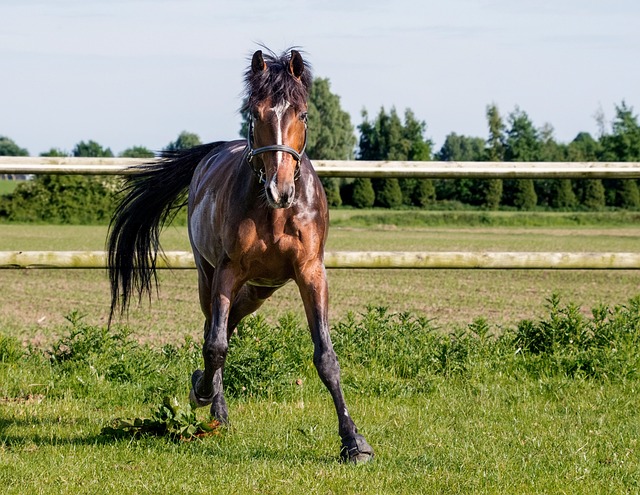
Published by horsesdaily on March 16, 2023
Categories
Pectin is a type of soluble fiber that is commonly used as an ingredient in horse feed and supplements. It is derived from the cell walls […]
April 17, 2023
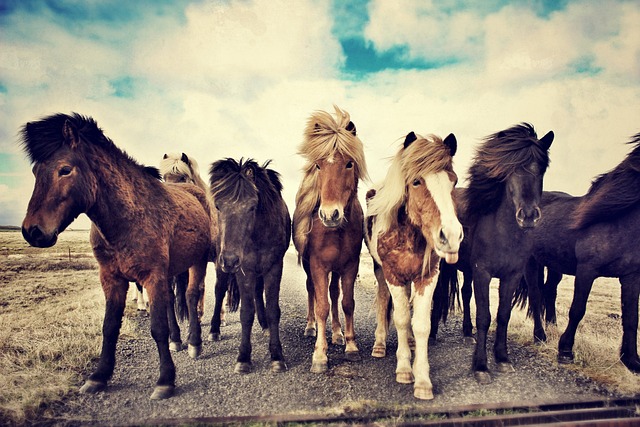
Published by horsesdaily on April 17, 2023
Categories
For those new to horseback riding, choosing the right breed of horse can make all the difference. Different breeds have different temperaments, physical characteristics, and ease […]
February 2, 2023
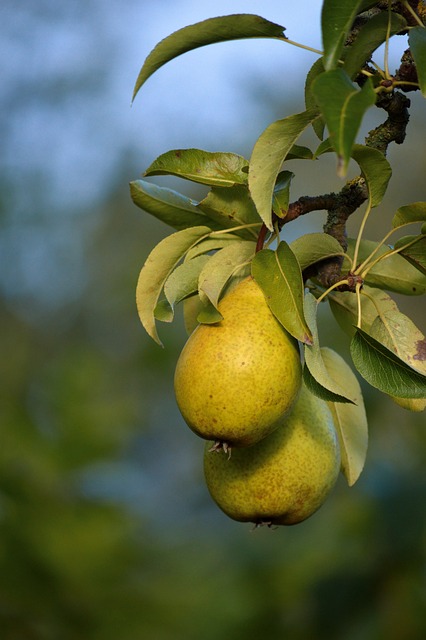
Published by horsesdaily on February 2, 2023
Categories
Pear trees are a common sight in the UK, and are grown both for their fruit and as ornamental trees. While pears themselves are not toxic […]
January 25, 2023

Published by horsesdaily on January 25, 2023
Categories
Equine hydrotherapy, also known as aquatic therapy, is a type of physical therapy that involves using water to help improve the movement and function of a […]
April 24, 2023

Published by horsesdaily on April 24, 2023
Categories
Horses can eat bread in small amounts as an occasional treat, but it is not recommended to include bread as a regular part of their diet. […]
January 24, 2023

Published by horsesdaily on January 24, 2023
Categories
There are many types of horse fencing options available, each with their own pros and cons. Here is a list of some of the most common […]
January 25, 2023
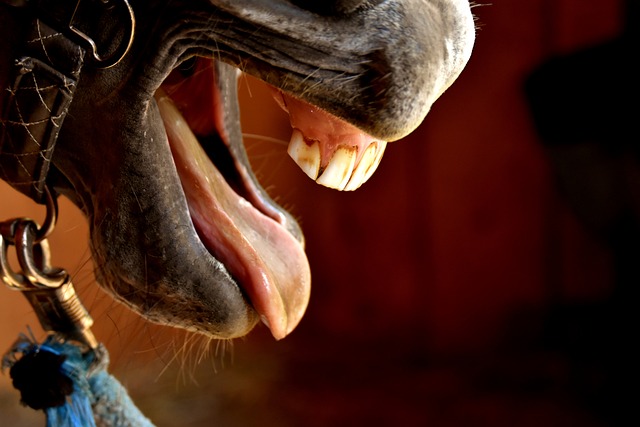
Published by horsesdaily on January 25, 2023
Categories
Proper dental care is important for horses to maintain good health and avoid dental problems. Just like humans, horses can develop issues with their teeth, such […]
March 10, 2023
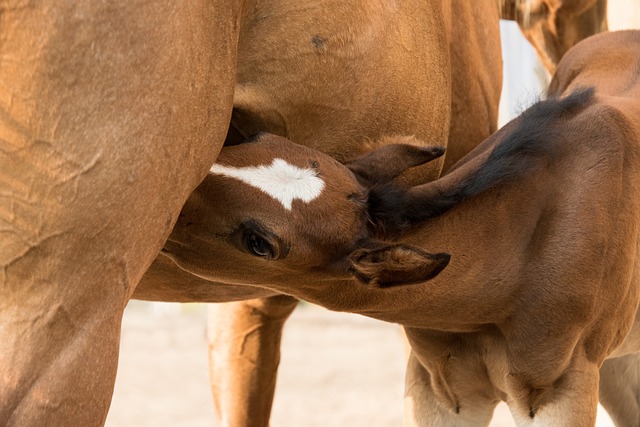
Published by horsesdaily on March 10, 2023
Categories
Mastitis can occur in mares even if they do not have a foal. In fact, mastitis is more commonly seen in mares that are not lactating […]
January 31, 2023
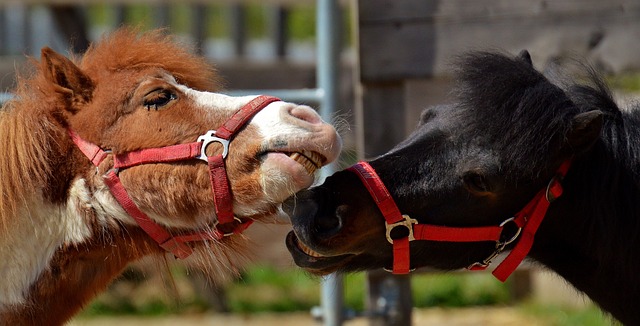
Published by horsesdaily on January 31, 2023
Categories
“The Importance of Play Behavior in Horses: Understanding Object Play, Play Fighting, Locomotor Play, and Sexual Play” Horses are highly social creatures that engage in a […]
April 17, 2023

Published by horsesdaily on April 17, 2023
Categories
In ancient times, it was primarily used as a means of transportation and warfare, but over time it has evolved into a popular sport and leisure […]
February 2, 2023
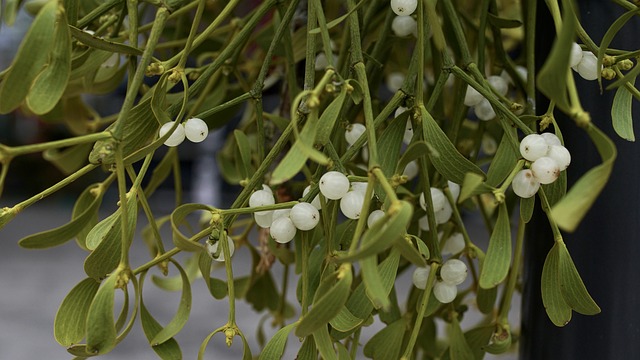
Published by horsesdaily on February 2, 2023
Categories
Mistletoe is a parasitic plant that grows on the branches of trees and is commonly found in the UK. Although it is often associated with the […]
January 27, 2023
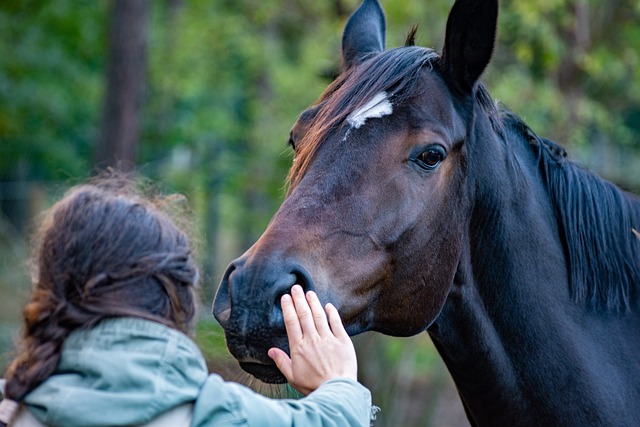
Published by horsesdaily on January 27, 2023
Categories
Reiki is a form of energy healing that involves the transfer of universal life force energy from the practitioner to the recipient. This gentle and noninvasive […]
January 27, 2023
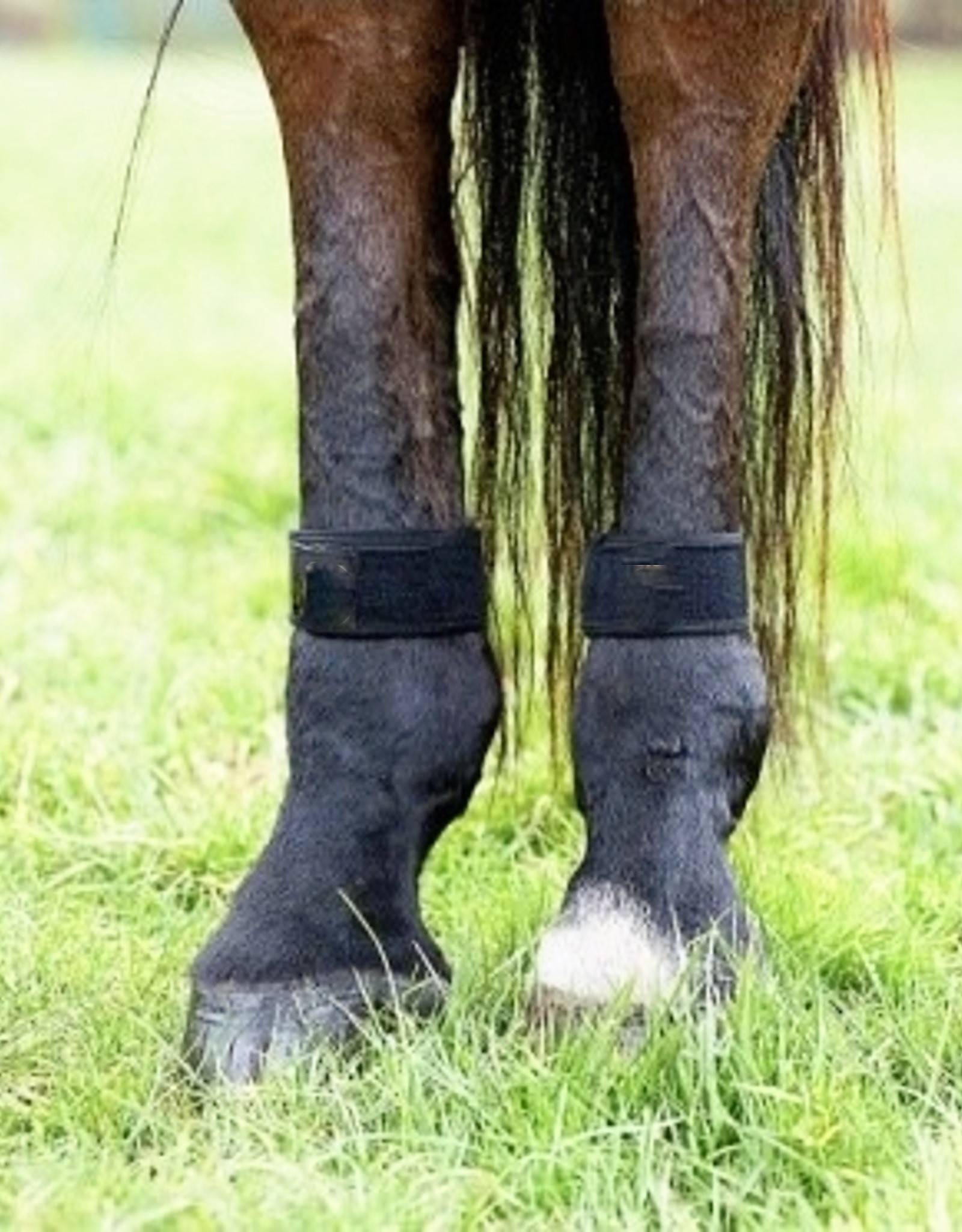
Published by horsesdaily on January 27, 2023
Categories
Magnetic therapy, which involves the use of magnetic fields to promote healing and alleviate pain, has become a popular treatment option for horses and ponies suffering […]
January 25, 2023
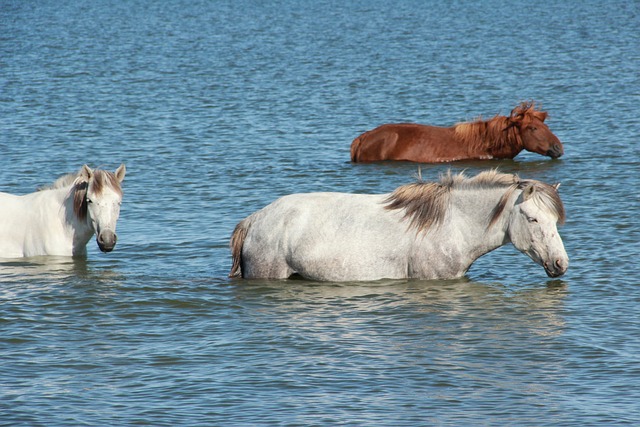
Published by horsesdaily on January 25, 2023
Categories
Yes, horses can swim, and many enjoy the activity as a form of exercise and recreation. While not all horses are natural swimmers, with proper training […]
February 1, 2023
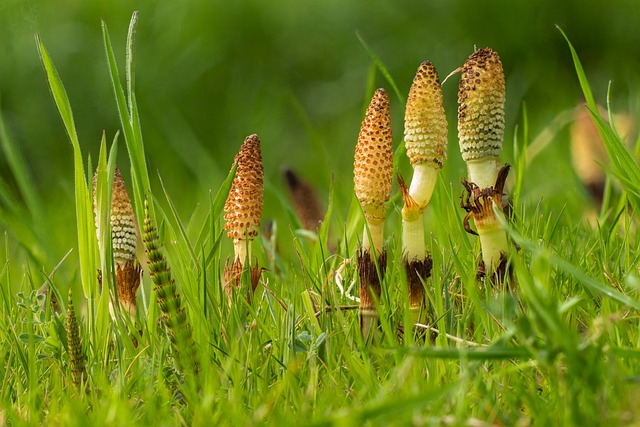
Published by horsesdaily on February 1, 2023
Categories
Horsetail Plant in the UK: A Caution for Horse Owners Horsetail (Equisetum arvense), also known as mare’s tail, is a common plant found in the UK […]
January 25, 2023

Published by horsesdaily on January 25, 2023
Categories
This is actually one of the most common questions asked about horses. Yes, horses do sweat. Sweating is one of the ways that horses regulate […]
January 31, 2023
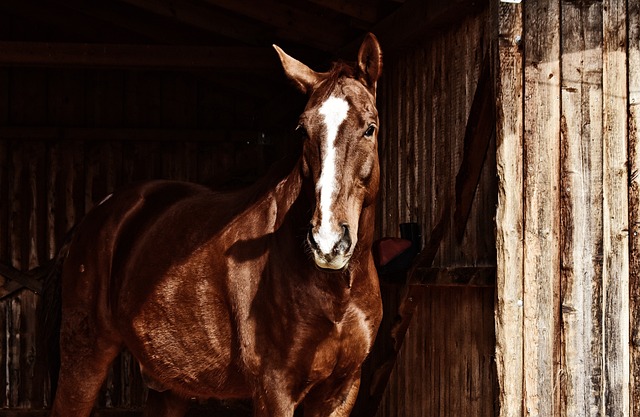
Published by horsesdaily on January 31, 2023
Categories
“Understanding Fear and Phobia in Horses: Causes and Management” Horses are prey animals and, as a result, they have a highly developed flight response that helps […]
February 1, 2023
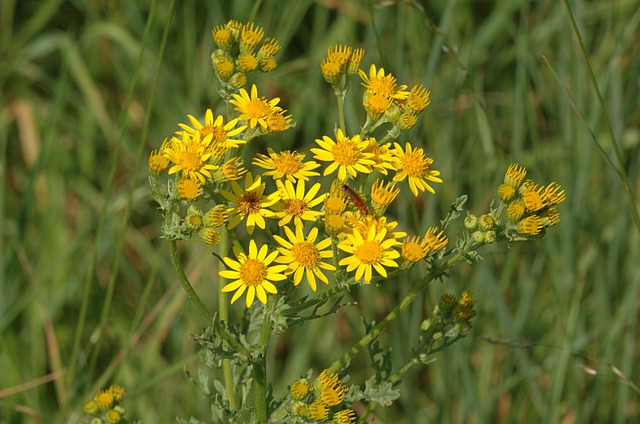
Published by horsesdaily on February 1, 2023
Categories
Ragwort is a common weed in many parts of the world, but its effects on horses can be deadly. This plant contains toxic compounds that can […]
March 16, 2023

Published by horsesdaily on March 16, 2023
Categories
Riding and Road Safety: A Guide for Equestrians and Motorists As an equestrian, riding on roads can be a necessity when accessing certain trails or traveling […]
January 25, 2023
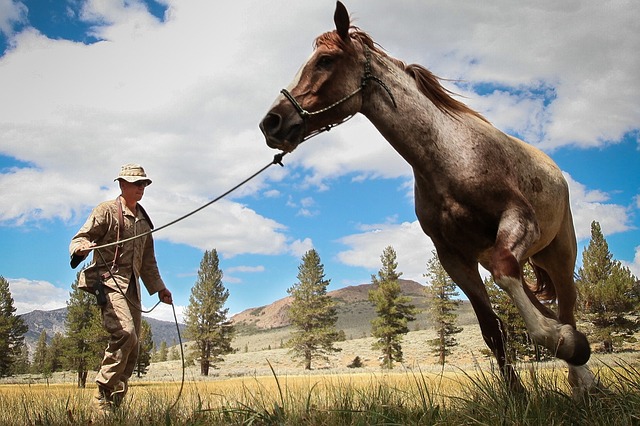
Published by horsesdaily on January 25, 2023
Categories
Disrespectful horse behaviors, such as disobedience, stubbornness, and lack of attention, can be frustrating and even dangerous for riders and handlers. These behaviors can be caused […]
